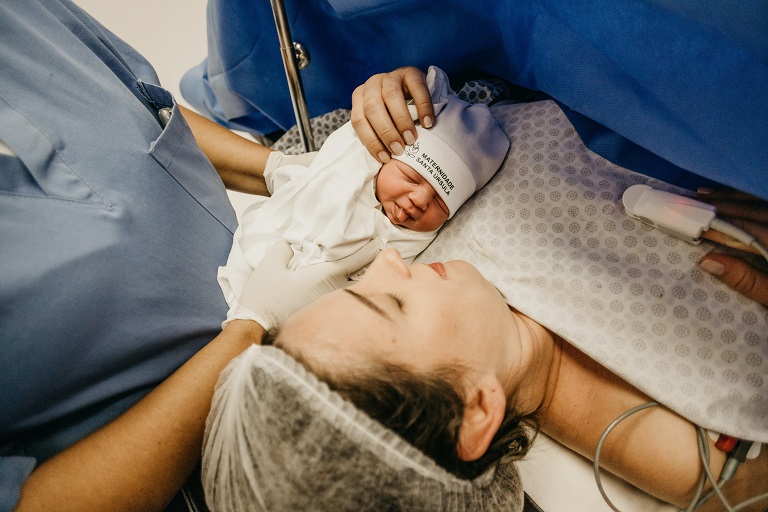5 Common Birth Injuries Seen in Newborns
During the delivery process, the baby may sometimes acquire a physical injury; a situation doctors refer to as birth trauma or birth injury. In some cases, the baby may suffer a minor injury during childbirth which may heal after weeks or days. Most minor congenital disabilities do not require treatment. However, if the injury is severe, it may leave the baby with a disability or complication that may last a lifetime. Below is a detailed compilation of common causes of birth injuries and newborns’ top five birth injuries.
Below are five of the most common birth injuries seen in newborns:
-
Cerebral Palsy
Cerebral palsy in infants manifests in weak muscle development leading to a lack of basic motor skills. The condition affects approximately two out of every 1000 infants born. In most cases, cerebral palsy arises due to brain damage during childbirth.
The most common brain injuries that lead to cerebral palsy include bleeding in the brain, stroke, and oxygen deprivation in the infant’s brain. Cerebral palsy can impose additional health complications such as speech and vision impairment. Though there’s no certified cure for cerebral palsy, many medical treatment programs are available to help affected children and adults live independently.
2. Spina Bifida
Spina bifida is a spine complication that affects infants during childbirth. The condition arises when there are defects in neural tube development. Three major types of spina bifida exist myelomeningocele, spina bifida occulta, and meningocele.
Myelomeningocele is the most damaging variant of spina bifida. It often causes loss of sensation in the baby’s feet and an inability to walk for severe cases. Genetics and the nature of the birth environment are some of the primary causes of spins Bifida. The condition may also arise due to medical negligence and malpractice during delivery.
You can file a spina bifida lawsuit against the hospital if you suspect that birth injury results from misdiagnosis and failure by the doctor to conduct screening tests that would identify spina bifida complications prior to giving birth.
3. Facial Paralysis
Labor and the whole process of childbirth can put immense pressure on the baby’s face leading to damage and loss of facial nerve function. Facial paralysis can arise from using forceps and vacuum extraction to pull out the baby stuck in the delivery canal. The vacuum extractors work by a suction mechanism. A soft cup attaches to the infant’s head to help the doctor pull out the unborn infant as the mother pushes during delivery.
However, vacuum extraction can strain and damage facial nerves leading to loss of movement on the facial side affected. The paralysis could clear after a few weeks if the nerves are only partially bruised. Surgical treatment may be necessary if there’s severe damage, such as torn facial nerves.
4. Brachial Plexus
Brachial plexus is a birth injury that affects the functioning of nerves in the infant’s arms and hands. The condition primarily arises when there are complications in delivering the infant’s shoulder. The baby cannot flex, stretch and rotate their arms and shoulders. However, movement in the arms and shoulder can return if the bruising during childbirth is mild.
5. Clavicle Fractures
Clavicle and collarbone fractures are common during childbirth. The clavicle may fracture when there are difficulties in delivering the infant’s shoulder. Infants who suffer from broken collarbones will have trouble moving their arms and shoulders. Luckily, these fractures heal quickly, leading to complete arm and shoulder movement in a few weeks.
Common Causes of Birth Injuries
Childbirth complications can arise due to awkward positioning of the baby during delivery or because of the baby’s size. Prolonged labor leading to delayed birth is a common cause of many birth injuries. Labor lasting over 18 hours puts immense pressure on the fetus’s brain, raising the risk of brain damage. Compressions in the womb also increase the risk of high blood pressure, leading to stroke and other cardiovascular complications during the delivery process.
Premature birth of babies before the 37th week also puts them at risk because their bodies are fragile and not fully developed, thus raising the risk of injury. Cephalopelvic complications which occur when the mother’s pelvis condition is inadequate to support natural childbirth can put the baby at risk of injury. Oxygen deprivation arising from a prolapsed umbilical cord can also raise the risk of brain damage to the infant during childbirth.






























